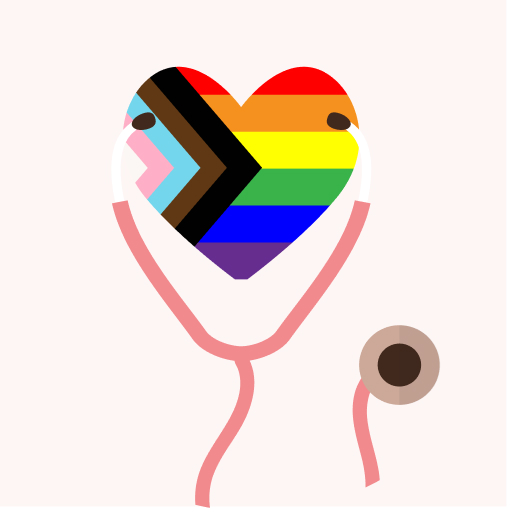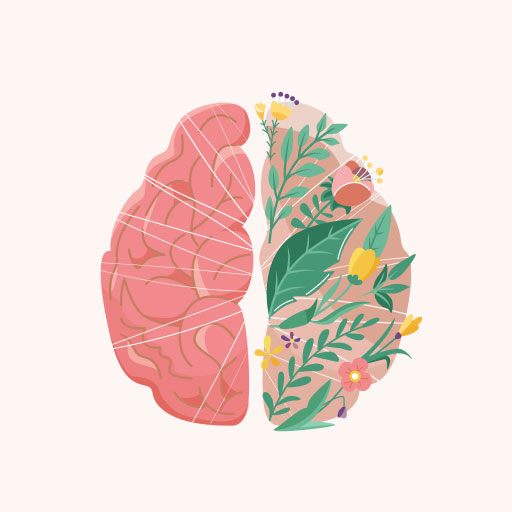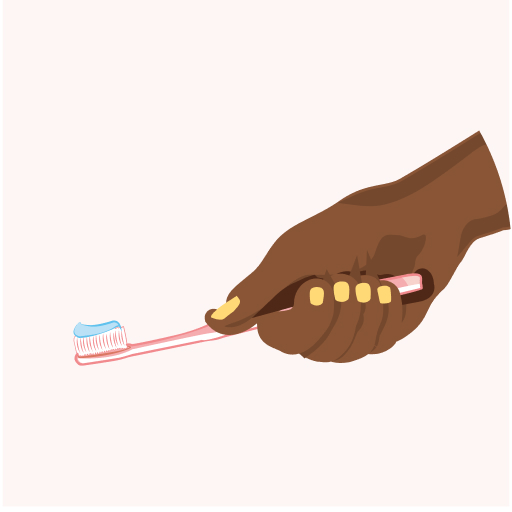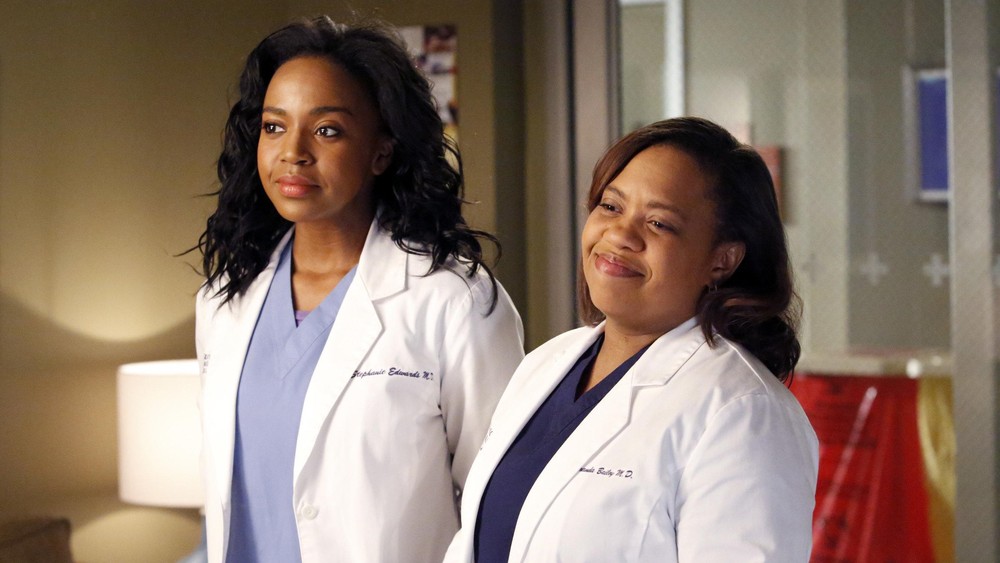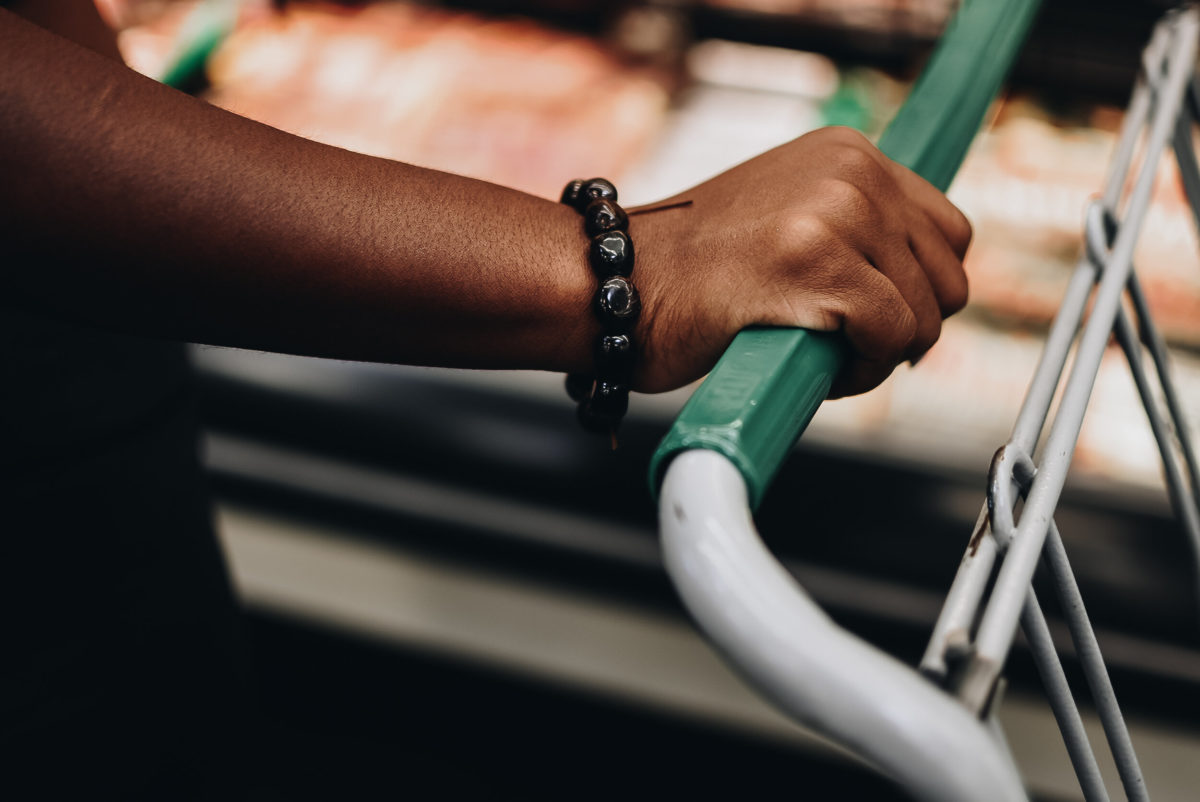
COVID-19 Reminds Me of Why I Got Into Public Health
COVID-19, the disease caused by the novel coronavirus, has taken over our lives. Maryland’s Governor, Larry Hogan, has announced the closure of all bars, restaurants, movie theaters and gyms. You can have food delivered or go through a drive-thru, no dining in. Schools are closed. Bars and coffee shops are closed. The gyms are closed. Universities and colleges have gone to virtual classes, and some have announced the cancellation of spring commencement ceremonies. And we continue to hear drastic and disheartening stories from people confined to their homes in Italy and other countries. I am working from home as I write this. Non-essential personnel are not allowed in the office, and if they must, staff size is limited to ten or less in one room.
I have friends and family members who continue to ask me whether these measures are necessary. My answer continues to be a resounding YES. The high cost (both economic and human) of not doing anything is hard to imagine. The threat is difficult to imagine because, for the most part, symptoms can be mild, and COVID-19 has a relatively low case fatality rate. Many of us are unaware of anyone who has been personally diagnosed, and fortunately, have not had a loved one succumb to the disease. This makes it difficult to feel and see how this disease can impact us.
I challenge us to think beyond our personal experiences. I pursued a career in public health for many reasons, with one of them being the belief that good health is a fundamental right for all persons. I am a firm believer in autonomy and in people being able to make their own decisions. I also believe that there are always instances that will challenge these notions, and population health is one of those. Is this thing idealistic? Possibly. Maybe because I come from a place where only the wealthy have frequent access to health services. But I strive on. I listen to people argue all the reasons they choose not to take the flu vaccine; or not have their children vaccinated, or why healthcare for all does not and will not work. And yet, I go to work each day continuing to believe in essential public health principles. Belief in: the power of herd immunity for children who cannot get the Measles vaccine; that disease prevention works and should be the goals; and that mitigation depends on us doing our part to preserve our health and the health of others.
The dire healthcare situation in Italy serves as a potential precursor to what we here in the States might incur if we don’t stop the transmission of the virus. A significant concern remains the impact and strain on our healthcare system. We know that those who are the sickest from COVID-19 are most likely to become hospitalized. Those include the elderly, those with underlying health issues, and those with compromised immune systems. We also know there is a shortage of Personal Protective Equipment (PPE) like N95 masks for hospital workers and other personnel. There is a shortage of respirators and ventilators to assist those undergoing treatment, and there aren’t enough ICU beds and hospital isolation units to deal with a surge in patients. In Italy, physicians have to make real life and death decisions having to prioritize who gets that ICU bed and who gets that ventilator.
Public health best practices do not always appear to make sense, and often evoke emotional reactions because of their extremes. Loved ones turned away from visiting their elderly relatives in nursing homes and assisted living facilities. It looks like people struggling to receive news and updates on the status of a relative because of staff shortages or frankly, confusion on who to call and when. I can only imagine what that would feel like; the not knowing would drive me crazy. Social distancing measures can also have far-reaching consequences. The restaurant that has to close and lay off its workers; those workers have to pay rent and put food on the table. But let’s not forget that closing that restaurant can drastically reduce the spread of the disease; the virus can stay on that restaurant or bar surface for 2 – 3 days!
I, for one, am not a fan of the things I have to give up to minimize transmission. I missed out on going to Nick Cannon’s Wild’ n Out show, which would have been a much needed and overdue date night out. I also can’t work at my part-time retail job; I count on that money for my debt pay off plan and trust me, I was counting on all of those coins for the month of March. However, I am also grateful for a job that allows me to work from home without the worry of losing my job. I am thankful to see how we are responding to support one another. One of my mommy friends is sharing her lesson plans with other moms on Facebook. Stories of young people getting groceries and picking up prescriptions for their elderly neighbors. My doctor, nurse, and first responder friends who go into work each day and are at the forefront of this issue. And the others we don’t think about: grocery store employees, truck and delivery drivers, those other members of our critical infrastructure we too often don’t think about. This is a moment for us to highlight and display our humanity. Continue to stay safe. Take care of yourself and your loved ones. If, in the end, fatality rates remain low, and fewer people are hospitalized, it would not all have been in vain. It means that public health works.
As always, for more information on COVID-19, please visit the Centers for Disease Control and Prevention’s Coronavirus website.
More Content
Chronic Diseases
How Choosing A Clinician of Color Changed My Life
I winced. I writhed. I expressed that...


